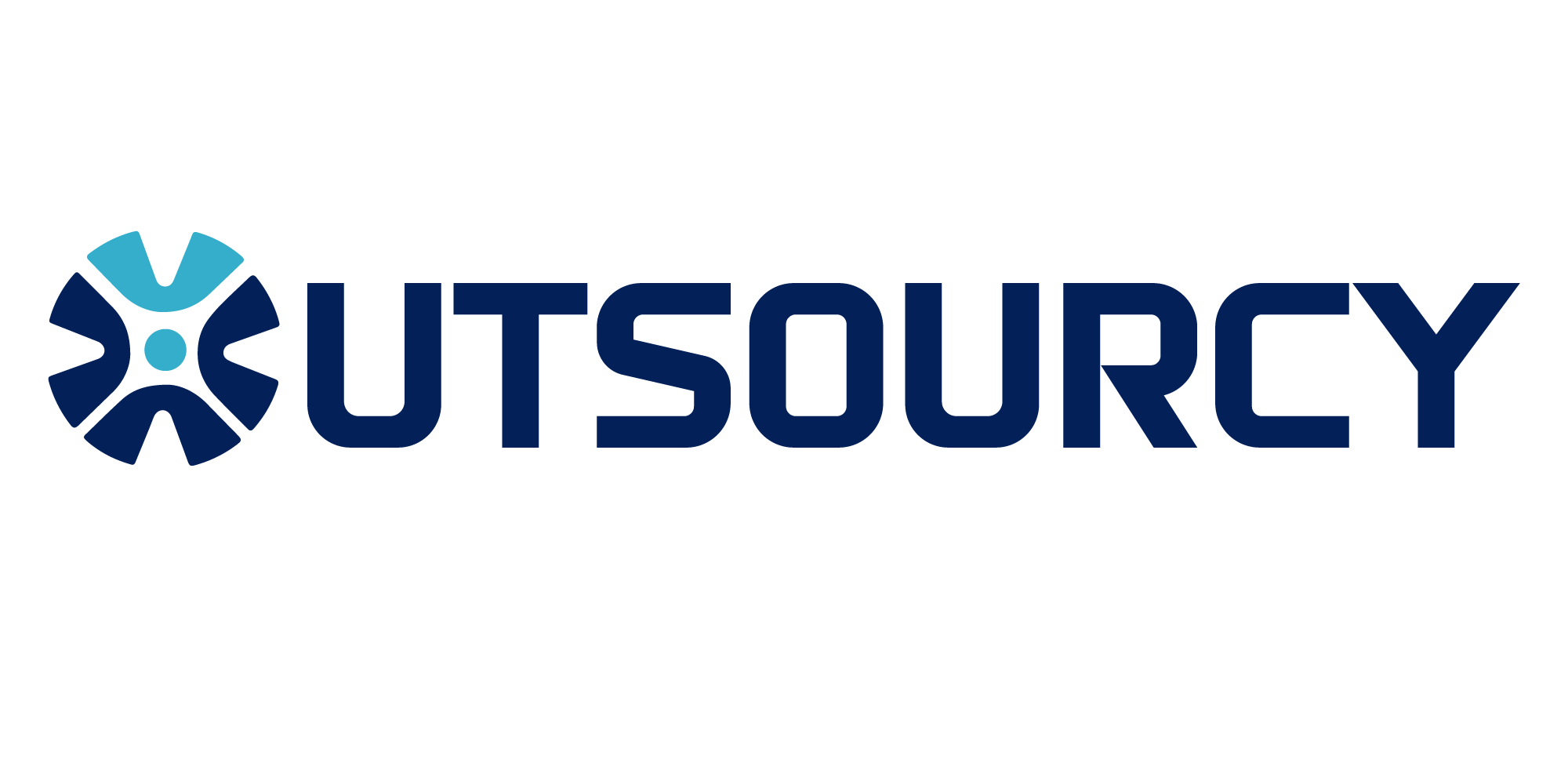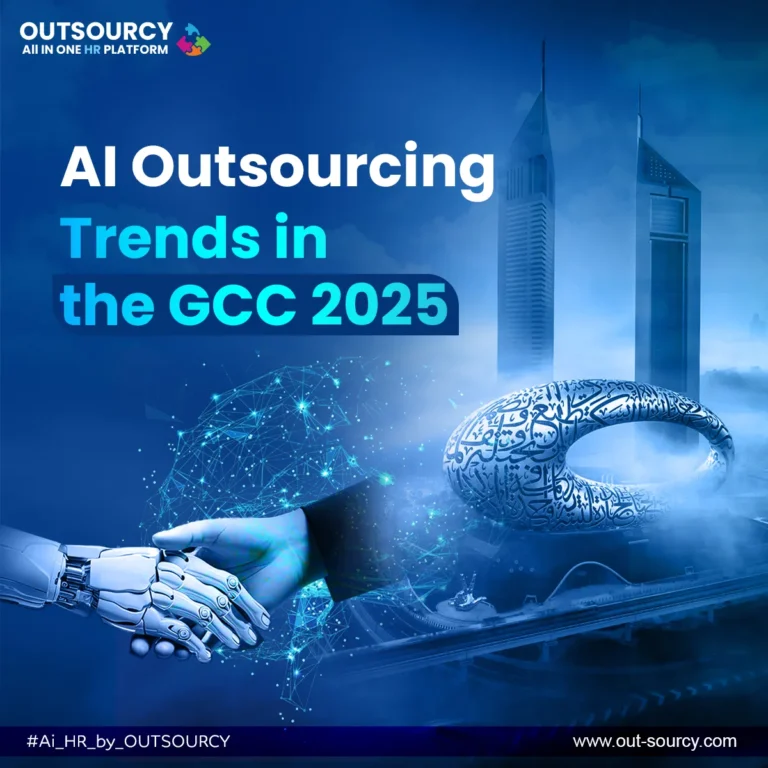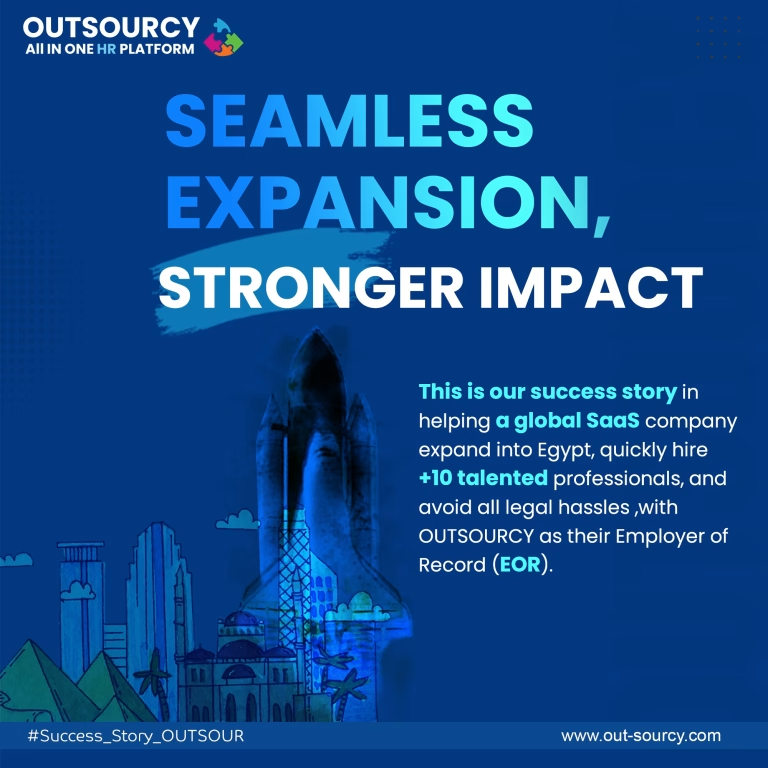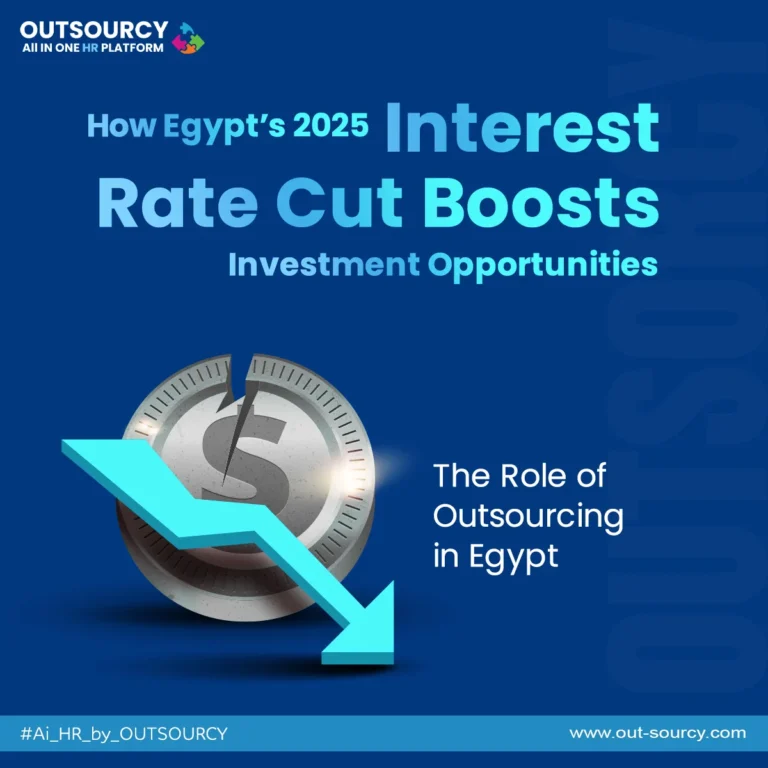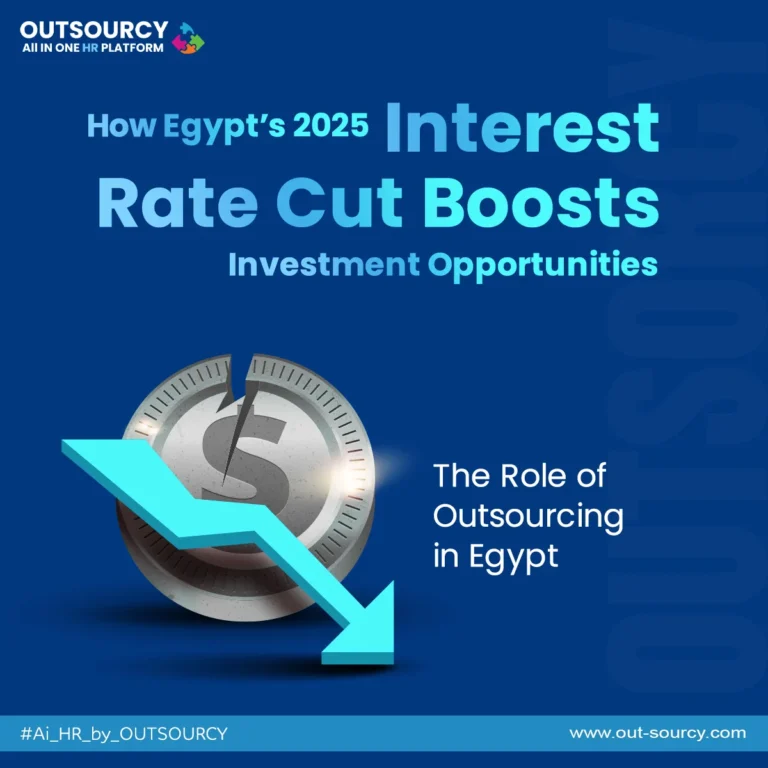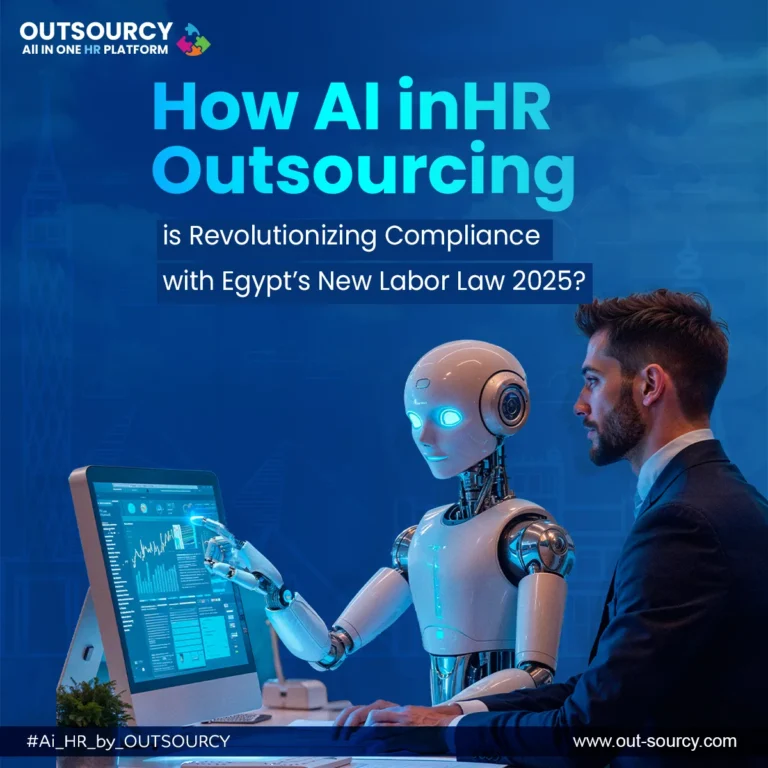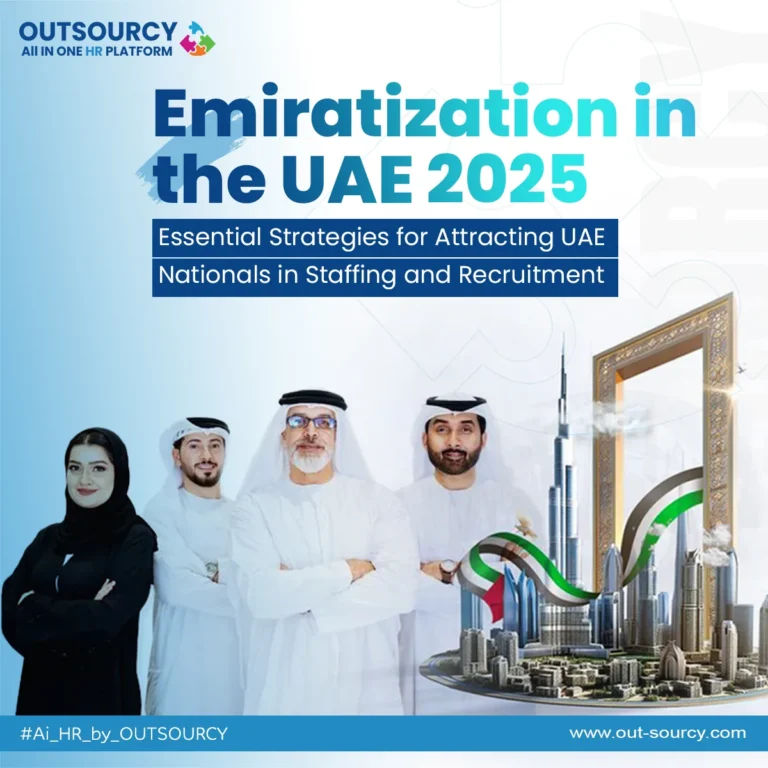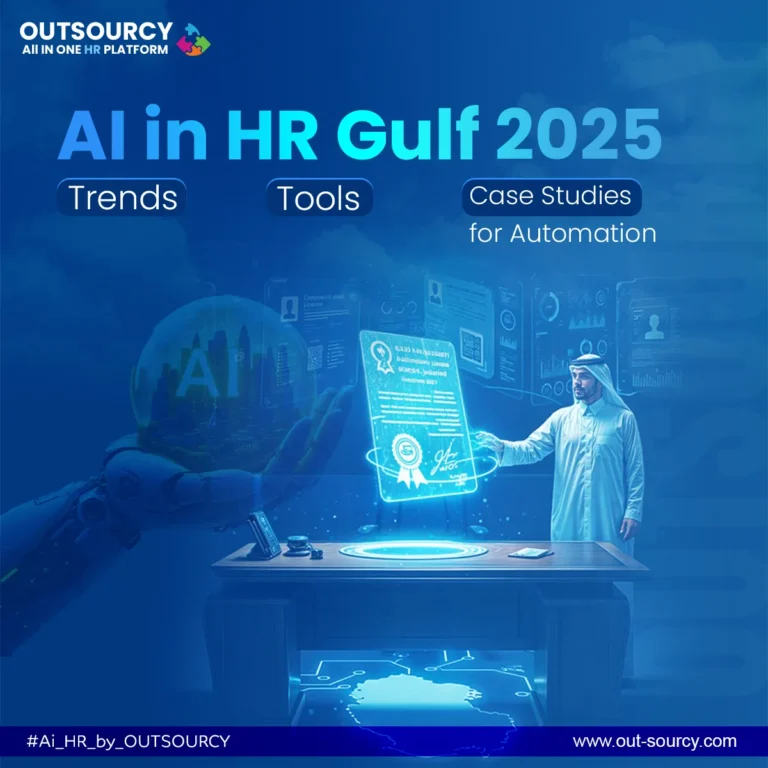In the dynamic Gulf Cooperation Council (GCC) region, outsourcing GCC 2025 is a strategic driver for businesses seeking efficiency, cost reduction, and innovation. AI outsourcing UAE is reshaping industries, particularly in the UAE, while BPO trends Saudi Arabia align with Vision 2030’s economic diversification goals. By integrating AI outsourcing, companies are leveraging advanced technologies to stay competitive. This article explores why outsourcing thrives, its evolution with AI, and how AI-driven outsourcing is shaping the future of business in the GCC.
What is Outsourcing and Why Choose It? Success Stories in Overcoming Challenges
Outsourcing involves delegating non-core business functions to external providers, allowing companies to focus on their primary competencies while leveraging specialized expertise. This model is particularly appealing in the GCC due to the region’s push for economic diversification under initiatives like Saudi Arabia’s Vision 2030 and the UAE’s Vision 2031. Outsourcing helps address challenges such as talent shortages, high operational costs, and rapid technological changes by providing access to global skills at competitive rates.
A prime example of outsourcing success in the GCC is the establishment of Global Capability Centers (GCCs), which have overcome hurdles like talent acquisition and regulatory compliance. For instance, a Canadian telecom company partnered with CGI to set up a GCC in India, but similar models have been adapted in the region, achieving tight timelines and infrastructure challenges through strategic planning. In Saudi Arabia, SRKay’s GCC initiative helped a client scale operations by sourcing talent efficiently, reducing dependency on expensive expatriate hires and boosting local employment.
Another success story is Allianze GCC’s BPO services, which enabled businesses to navigate economic volatility by improving efficiency and customer satisfaction, particularly in overcoming post-pandemic supply chain disruptions. These cases demonstrate how outsourcing turns challenges into opportunities, with companies reporting up to 30% cost savings and enhanced agility.
Outsourcing Before AI: Evolution and the AI Revolution
Historically, outsourcing dates back to the Industrial Revolution in the 18th century, where tasks like manufacturing were delegated to specialized firms for cost efficiency. By the late 1980s, it became a formal strategy, with companies like Kodak outsourcing IT services to IBM, focusing on labor arbitrage and offshoring to low-cost regions like India and the Philippines. Pre-AI outsourcing relied heavily on human labor for repetitive tasks in Business Process Outsourcing (BPO) and IT services, often facing issues like quality inconsistencies, time zone differences, and scalability limits.
AI has revolutionized this by introducing automation, predictive analytics, and intelligent decision-making. Robotic Process Automation (RPA) and AI agents now handle rule-based tasks, boosting productivity by 30-42% in development processes. In the GCC, AI has driven a shift from traditional offshoring to “smart sourcing,” where AI enhances human capabilities. For example, generative AI is automating customer service and data analysis, leading to a projected 30% performance enhancement in BPOs by 2025. This evolution has created hybrid models, where AI reduces outsourcing needs for routine jobs but expands opportunities in high-value areas like AI-driven innovation.
Learn more about the history at Accelerance’s Brief History of Outsourcing.
Does AI Replace Outsourcing Companies or Enhance Them?
Contrary to fears, AI does not eliminate the need for outsourcing firms; instead, it enhances them. A 2025 MIT report indicates that businesses are using AI to reduce outsourcing rather than replace humans entirely, but in practice, AI augments outsourced services. Companies still require specialized outsourcing partners equipped with AI tools for complex implementations, as in-house AI adoption can be costly and skill-intensive.
In the GCC, firms need AI-supported outsourcing to handle advanced tasks like predictive maintenance and personalized services. PwC’s 2025 predictions note that AI agents will handle some in-house tasks but increase control and efficiency when integrated with outsourcing, leading to greater scalability. Gartner forecasts that BPOs with AI will see over 30% performance gains, making AI-enhanced outsourcing essential for competitiveness. Thus, businesses benefit more from partnering with AI-powered outsourcing providers than going solo.
Key Trends: AI, RPA, Nearshoring, and Non-Oil Diversification
The GCC outsourcing market is booming, with BPO expected to reach US$2.19 billion in 2025, growing at a CAGR of 9.3% from 2024-2031. Key trends include:
- AI and RPA: AI is automating workflows, with 92% of companies increasing investments by 2025. In Saudi Arabia, AI could contribute $135.2 billion to GDP by 2030 (12.4%).
- Nearshoring: Proximity-based outsourcing to regions like Europe for better alignment.
- Non-Oil Diversification: Sectors like healthcare and logistics are adopting AI-outsourcing, with the Middle East BPO market at $5.63 billion in 2024.
In Saudi Arabia and UAE, trends focus on AI infrastructure, with investments like Saudi’s $100 billion in AI and UAE’s MGX fund.

Middle East BPO
Benefits for Companies
Outsourcing with AI can reduce costs by up to 50%, provide global expertise, and spur innovation. In the GCC, it supports Vision 2030 by creating jobs and enhancing productivity.
Challenges
Key hurdles include skilled local workforce needs and data security, addressed through training and compliance.
Conclusion: Tips for GCC Businesses
To leverage these trends, invest in AI-partnered outsourcing, focus on upskilling, and prioritize cybersecurity. Publish on platforms like LinkedIn with hashtags #OutsourcingGCC #AITrends2025 for visibility.
For deeper insights, explore PwC’s AI Predictions.
Spotlight on Outsourcey: Pioneering Achievements in GCC Outsourcing
Outsourcey stands out in the competitive landscape of GCC outsourcing by delivering tailored solutions that blend AI innovation with deep regional expertise. Unlike many firms, Outsourcey has achieved remarkable milestones, including a 45% reduction in operational costs for clients in Saudi Arabia and the UAE through customized BPO services enhanced by RPA and predictive analytics. Their services encompass IT support, customer experience management, and digital transformation consulting, all designed to align with Vision 2030 goals.
With unique success stories, such as transforming a major logistics provider’s supply chain in Dubai—resulting in a 35% efficiency boost and zero downtime during peak seasons—Outsourcey proves it’s not just another outsourcing company but a strategic partner fostering sustainable growth in the Gulf region.
References:
- Statista: Business Process Outsourcing – GCC
- Cognitive Market Research: Middle East BPO Services Industry Report 2025
- PwC: The Potential Impact of Artificial Intelligence in the Middle East
- Netfor: AI Driven Outsourcing
- Outsource Accelerator: History of Outsourcing
- Proven SA: 7 Real-World BPO Examples in KSA
